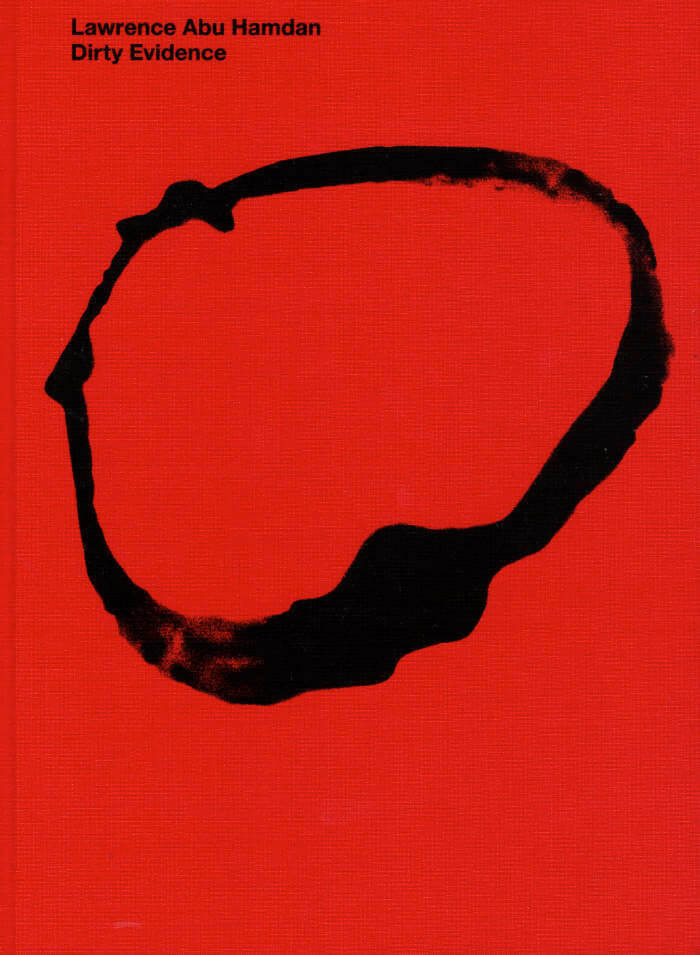Yasmine Seale
Yasmine Seale

Agitated Air: Poems After Ibn Arabi
Born in Murcia in 1165, Ibn Arabi was a prolific Muslim philosopher and poet. He travelled extensively before settling in Damascus, where he died in 1240. Tarjuman al-Ashwaq, or The Interpreter of Desires, is a cycle of sixty-one Arabic poems. They speak of loss and bewilderment, a spiritual and sensual yearning for the divine, and a hunger for communion in which near and far collapse.
Agitated Air is a correspondence in poems between Istanbul and Cape Town, following the wake of The Interpreter of Desires. Collaborating at a distance, Yasmine Seale and Robin Moger work in close counterpoint, making separate translations of each poem, exchanging them, then writing new poems in response to what they receive. The process continues until they are exhausted, and then a new chain begins.
Translated and re-translated, these poems fray and eddy and, their themes of intimacy across distance made various, sing back and forth, circling and never landing. Absence and approach, knowing and unknowing, failure and repetition: Ibn Arabi’s cycle of ecstatic love shimmers with turbulence. Seale and Moger move into and against these contending drifts, finding in the play of dissatisfaction and endurance a prompt for new poetry.
And more

Another Room to Live In: 15 Contemporary Arab Poets
Another Room to Live In is an archive of encounter: a multilingual conversation between fifteen poet-translators, connected through friendship, correspondence, and cross-diasporic gatherings. With work in English, Arabic, and French, the collection moves beyond both language and nation-state, investing instead in transcontinental dreamspaces. Here, translation practices collaboratively transform the poems and reflect the poets’ own experiences of “living” in multiple languages. Complicating any flat conception of identity, the poems presented here seek to revisit and challenge foundational narratives, to rework mythologies, and to do all this through a cross-generational process of translation as poetic communion.
Contributors include: Etel Adnan, Hoda Adra, Sinan Antoon, Mirene Arsanios, Omar Berrada, Sara Elkamel, Safaa Fathy, Soukaina Habiballah, Marilyn Hacker, Golan Haji, Kadhim Jihad Hassan, Pierre Joris, Mona Kareem, Souad Labbize, Rachida Madani, Alisha Mascarenhas, Iman Mersal, Aya Nabih, Sarah Riggs, Yasmine Seale, Cole Swensen, Habib Tengour, and Sam Wilder.

Dirty Evidence
Richly illustrated, this book provides for the first time a visual overview of Lawrence Abu Hamdan's works of more than a decade, and elaborates on a formal vocabulary characterized by the aesthetics of sound and language.
On the occasion of Lawrence Abu Hamdan's exhibition at Bonniers Konsthall in Stockholm in 2021, a group of authors have been invited to engage with individual works and their underlying concepts. Abu Hamdan recognizes the space for art as a site where attention can be drawn to real socio-political conditions in order to challenge the structures behind them. The artist can therefore push at the boundaries of what constitutes testimony. The title "Dirty Evidence" comes from Abu Hamdan's definition of evidence in which a truth value is derived from its very inadmissibility before the law. It is precisely the evidence's figurative dirt and dirtiness that works toward the production of truth.
Lawrence Abu Hamdan (born 1985 in Amman, Jordan, lives and works in Beirut, Lebanon) is an artist and “private ear” whose projects have taken the form of audiovisual installations, performances, graphic works, photography, Islamic sermons, cassette tape compositions, potato chip packets, essays, and lectures. Abu Hamdan's interest with sound and its intersection with politics originate from his background in DIY music.
Edited by Fabian Schöneich.
Graphic design: David Bennewith.
Texts by Lawrence Abu Hamdan, Natasha Ginwala, Ruba Katrib, Andrea Lissoni, Ramona Naddaff, Fabian Schöneich, Yasmine Seale, Theodor Ringborg, Eyal Weizman.